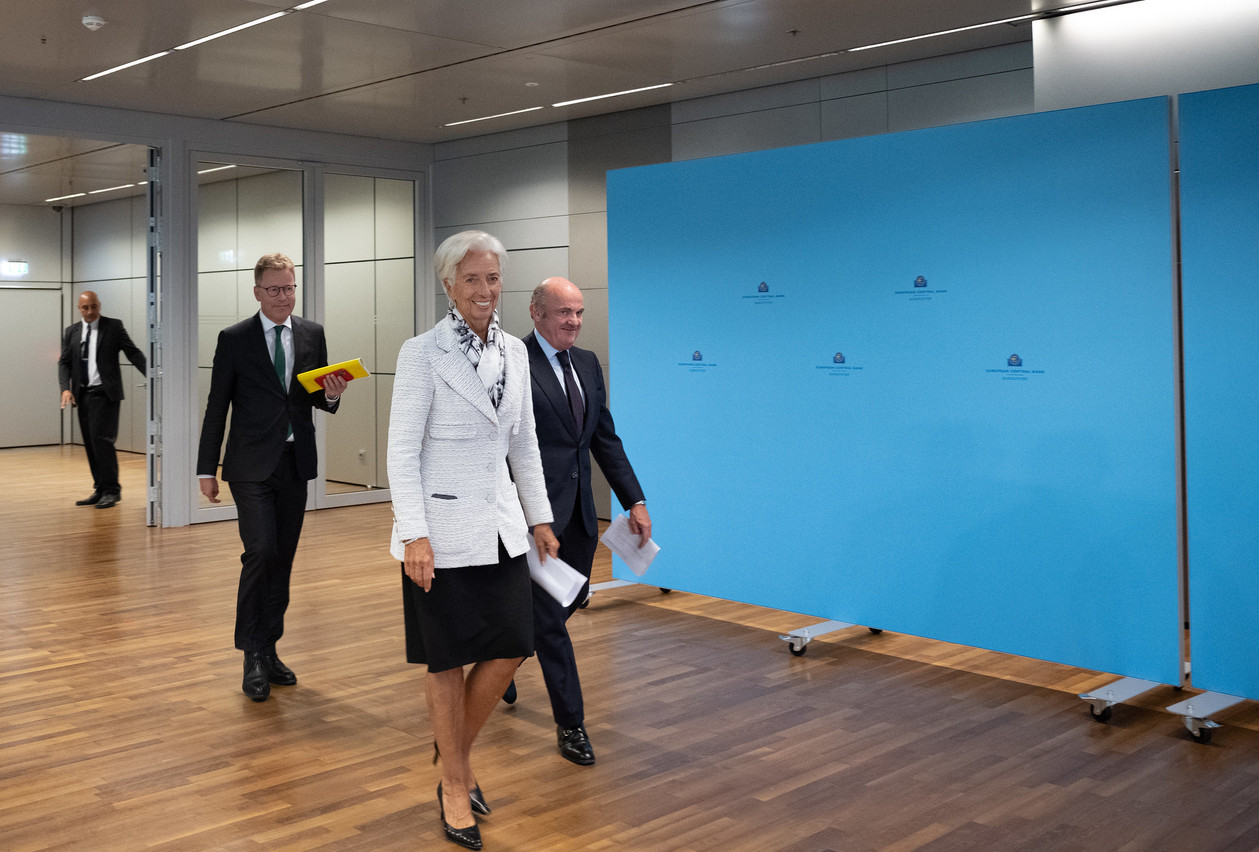After the euro fell below parity on 21 August, it finally rose above parity on 9 September, trading at $1.02. However, the single European currency is still weak compared to a year ago, when it was still trading at $1.18.
The devaluation of the euro has contributed to rising inflation, according to a press conference given by European Central Bank president Christine Lagarde on 8 September, following the meeting of the monetary institution’s governors. “It has a direct impact on our imports in particular, to the extent that most of the energy products are issued and denominated in US dollars,” she said.
Mitigating inflation
Noting a 12% devaluation of the euro against the dollar since the beginning of the year, Lagarde said the bank would “monitor very carefully” the evolution of the exchange rate. However, she was keen to cut short any possible intention by the ECB to influence the euro-dollar market: “We do not target an exchange rate. We have not done so and we will not do so.”
Rather, last week’s “frontloads the transition from the prevailing highly accommodative level of policy rates towards levels that will ensure the timely return of inflation to the ECB’s 2% medium-term target, according to the ECB’s press release, issued on Thursday following its latest monetary policy meeting. In line with this, the Frankfurt-based institution plans to continue to raise its key rates in future meetings in order to “guard against the risk of a persistent upward shift in inflation expectations.”
Euro ‘struggling’
The ECB’s battle is therefore with inflation, not with the euro’s loss of momentum, even if the latter is fuelling the former. For their part, Fidelity analysts observed that “currency drops only aggravate the inflation problems of the euro zone”. This observation has led some market players to argue in favour of an aggressive continuation of rate hikes. They also pointed out that “so far, interest rate hikes have done nothing to stop the fall” of the euro.
Read also
Fighting inflation by raising interest rates accelerates the economic contraction and contributes to the depreciation of the euro. The snake is biting its own tail, as Fidelity analysts noted: “The more the ECB raises rates, the deeper the eurozone goes into recession and the weaker the euro will become.”
That view was also shared by Simon Harvey, head of FX analysis at Monex Europe: “with the deteriorating economic backdrop still in the driving seat for the single currency... the euro struggled to consolidate at its recent highs.”
Solve gas crisis first
There even seems to be a consensus that a predicted recession has been weakening the euro, as Chris Turner, global head of markets at ING, said: “The euro needs a good growth story to support it.” And he went so far as to add: “The ECB hike is not really going to lift the euro.” Moreover, we will have to wait for a resumption of global growth before we can expect a recovery in the European currency. According to various economic forecasts, this will not happen until the second half of 2023, at best.
If the ECB's interest rate hike, historic as it is, has no effect on the strength of the euro, resolving the natural gas crisis appears to be the priority for mitigating the risk of recession and thus stemming the fall of the single currency. To do this, European governments could take inspiration from the new British prime minister Liz Truss’s £100 billion plan to cap energy prices. However, these measures may be beyond the reach of the eurozone’s most indebted states.
This article was published for the Paperjam + Delano Finance newsletter, the weekly source for financial news in Luxembourg. . Read the original French version of this article on the site.
